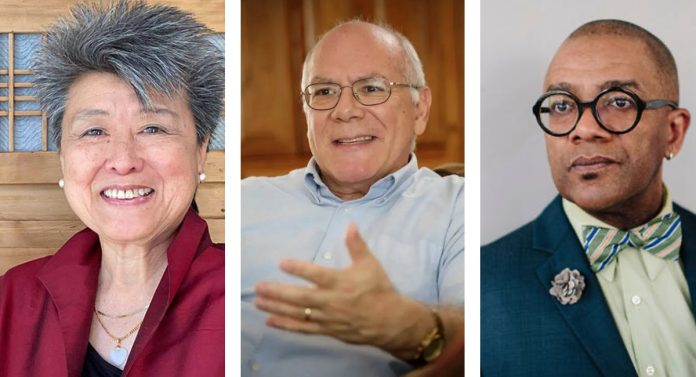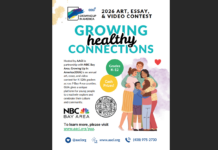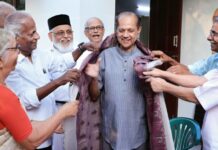From violent hate crimes to structural racism to genocidal campaigns, how do people and communities find a way to reconcile with horrific acts perpetrated against them, their families, their communities. The question takes on new urgency as hate crimes increase between racial and ethnic groups and often within the same racial groups. Speakers at the EMS briefing on June 9 shared their research as well as live experience.
Helen Zia, Author and Founder of The Vincent Chin Institute pointed out that even long after a hate incident occurs, trauma remains. It will exist, not only in our souls but absorbed in our bodies, she said. “It has been said that time heals all wounds, but time is not enough. Something must be done.” She believes that the key to the healing process is to document these tragedies that have happened in the past and present, so that more people know what went wrong and what needs to be done. And in addition to documenting the crime and suffering itself, it is also about showing how communities come together. She demonstrates these realizations by sharing her professional experience and participation in the civil rights movement. She specifically highlighted cases of hate and violence related to the coronavirus.
Nestor Fantini, Co-Editor, Hispanic LA, Adj. Professor of Sociology, and former political prisoner in Argentina shares his experience with a restorative justice program. He described Argentina’s dictatorship and political prisons during Argentina’s War from 1974 to 1983, the torture and abuse political prisoners experienced in prisons, and the disappearance and tragedy of many. He emphasized the importance of restorative justice programs, in addition to uncovering the truth, addressing the suffering of victims and promoting social healing.
James Taylor, Professor of Politics and African American Studies, University of San Francisco called on California to explore the issue of reparations and work to address historical ties to slavery. Taylor emphasized that compensation is not only about money, but also more importantly, towards reconciliation and healing of wounds. He referred to past unequal encounters and reparations experienced by other ethnic groups, such as Japanese Americans who were interned during World War II and later received reparations, as well as injustices experienced by Native Americans and Chinese in California, and called on California to consider reparations as a solution important approach to social issues.
Vidya Sethuraman
India Post News Service







